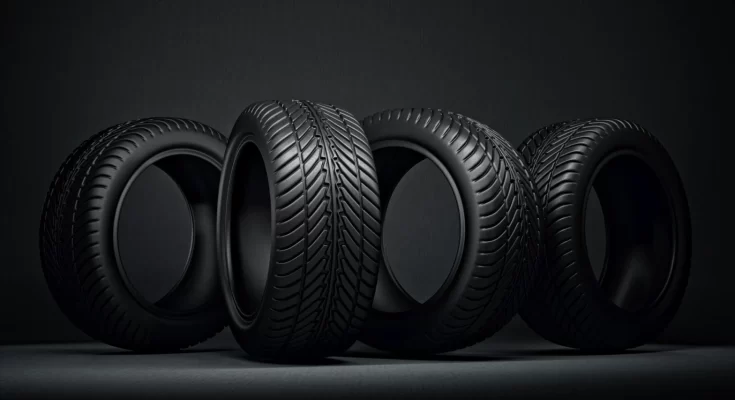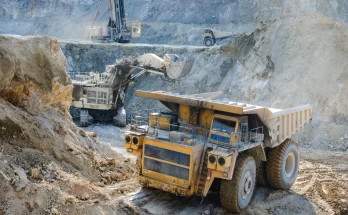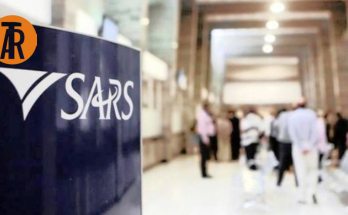The major stakeholder in the industry rejects a proposed 63.33% and 68.33%. excise duty from the previous 38.33%
The Automobile Association has blatantly condemned a regime of South Africa Tyre Tax which has seen higher excise duties imposed on tyres in South Africa.
Following a complaint from the SA Tyre Manufacturers Conference to the International Trade Administration Commission regarding the low prices of tires imported from China and the negative impact it is having on the local tire manufacturing industry, the government had decided to put in an additional 38.33% excise duty.
The government announced an additional excise duty on top of the existing excise duties of between 25% and 30%, which means that imported tyres will now have an excise loading of between 63.33% and 68.33%.
However, the Automobile Association kicked against this increase arguing that many consumers, who are already dealing with inflation, will choose to continue using tires that are in a bad condition because they cannot afford new tires.
It explained that increased fuel prices have already resulted in higher private and public transport costs, and now transporters will have to pay more for tires.
Private transporters will be forced to buy them at the new prices, as it is an important piece of safety equipment.
Public transport providers on the other hand will choose to either continue using the old and worn-out tyres or buy new ones at the increased price and pass the extra cost to their passengers. Neither one of these options are acceptable.
South Africa Tyre Tax: The Association Buttresses its Stand
The association argued that this will make the country’s roads even more dangerous as the chances of accidents happening will increase significantly.
According to the AA, in 2021, about 12,541 people lost their lives on South Africa’s roads as a result of human error, environmental conditions, and vehicle factors such as bursting or smooth tyres, poor brakes, and faulty headlights contributed.
It was discovered that bursting and smooth tyres were responsible for 49% of deaths in this category which is by far the biggest element in terms of vehicle factors causing road deaths.
The association mentioned that although the new prices will inflate the replacement cost of tyress, motorists need to take better care of their tyres and budget for this expense as part of their overall vehicle ownership.
Motorists are advised to have their tyres checked regularly and replaced if needed.
Public transport providers are also urged to do the right thing rather than endangering the lives of their passengers by driving a vehicle with poor-condition tyres or inferior ‘refurbished’ tyres.
The association further revealed that said it supported demands from organizations such as TIASA that the ruling to add the extra excise duties be reversed.
The SA Tyre Importers Association also disputed the rationale behind the increased taxation pointing out that even the local tyre manufacturers import up to 80% of their tyre products.




